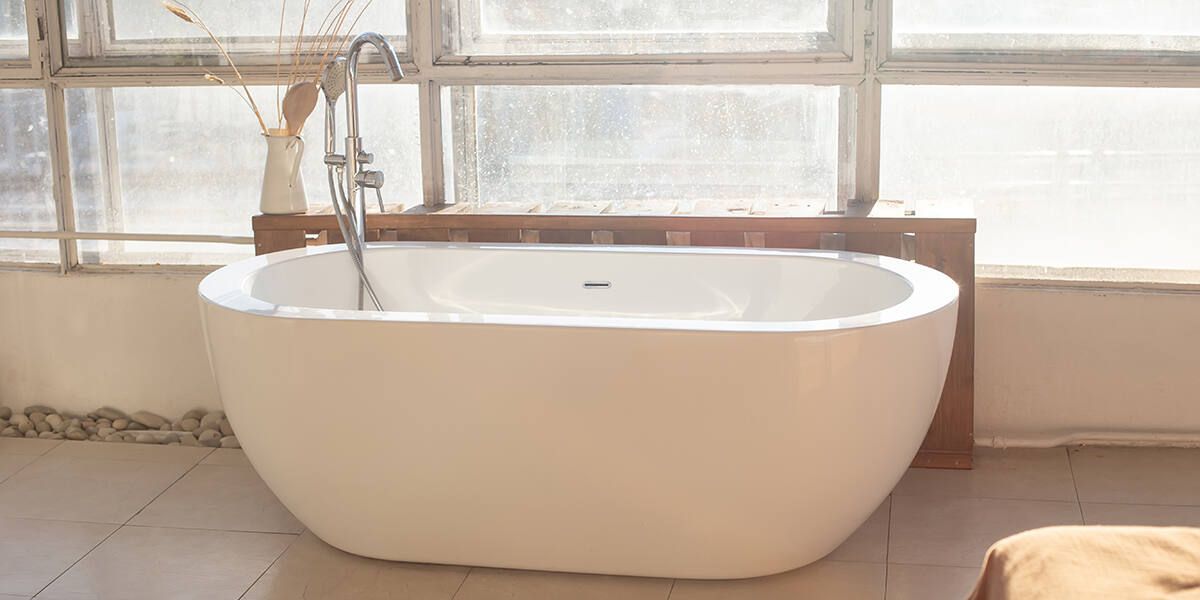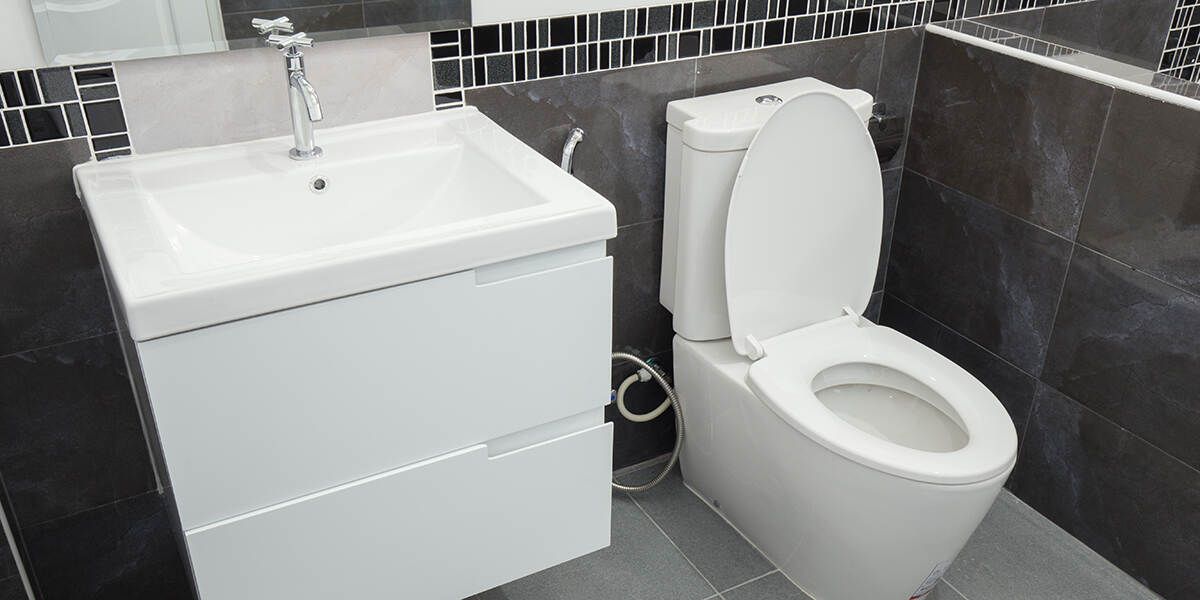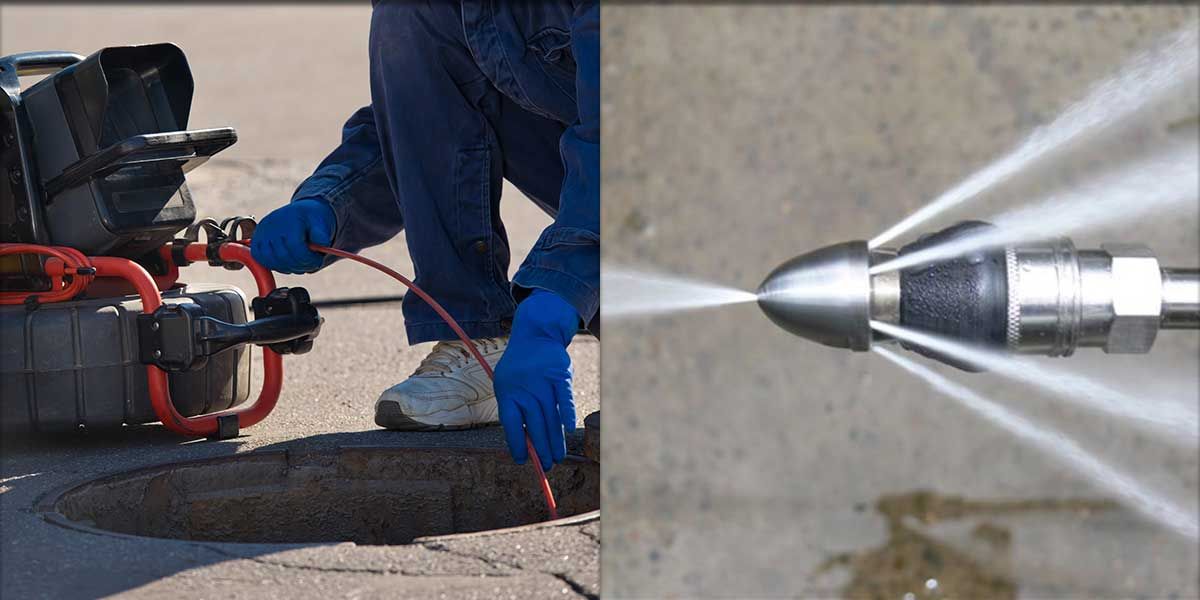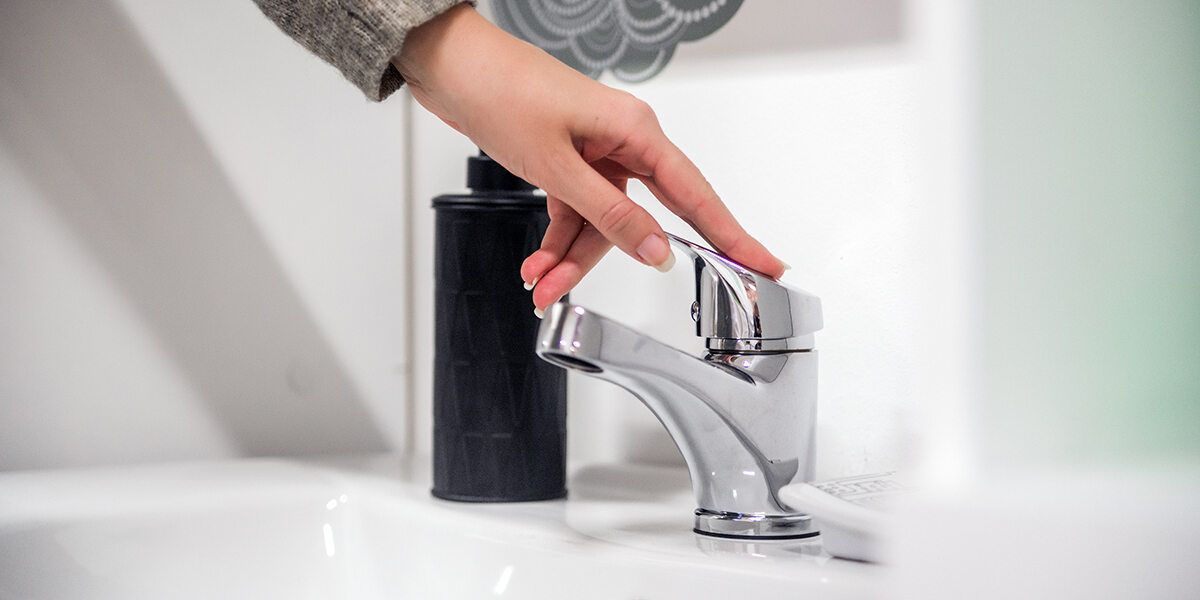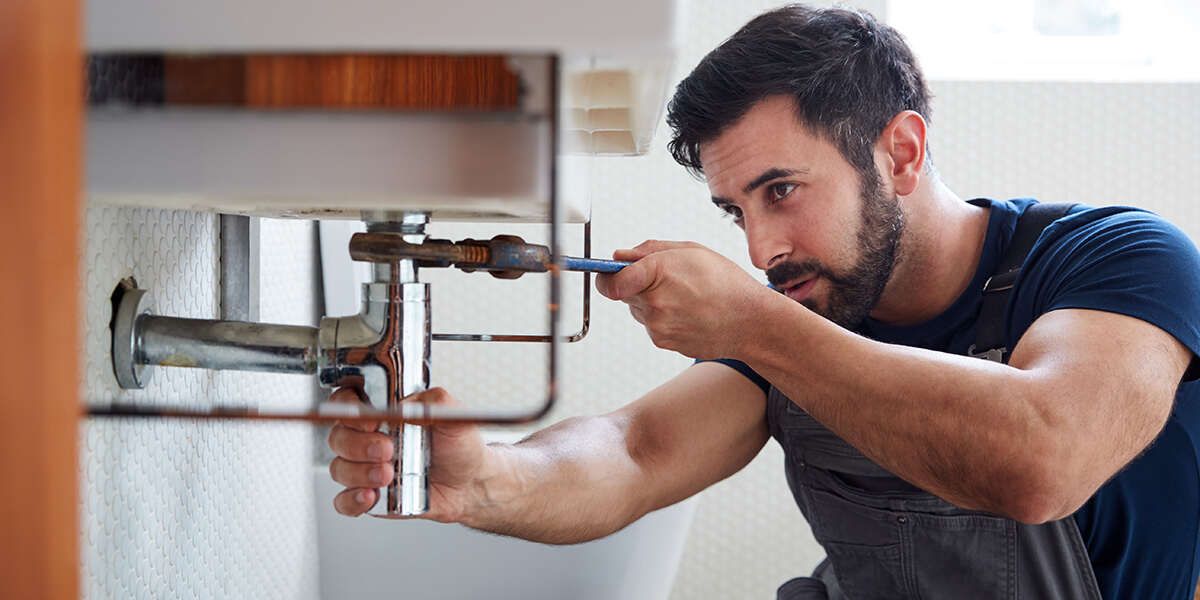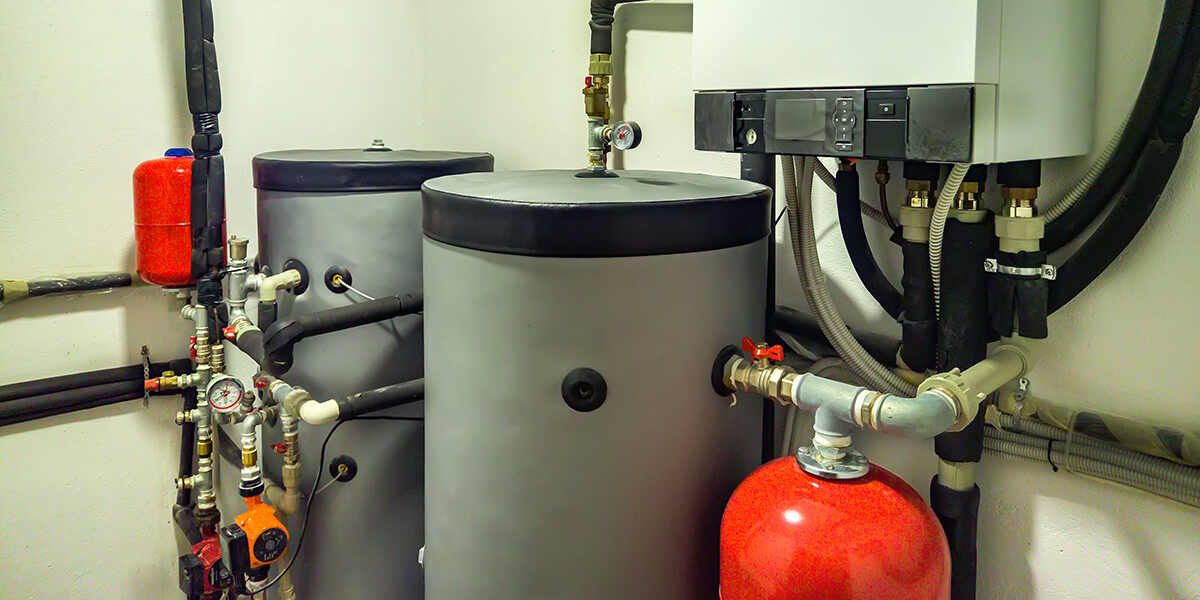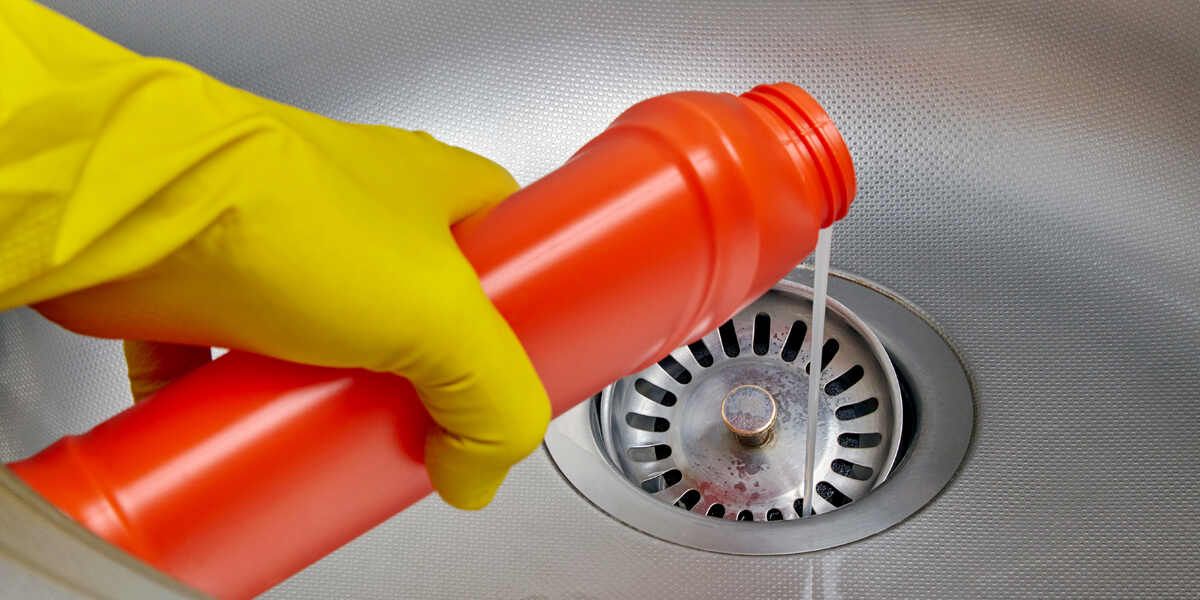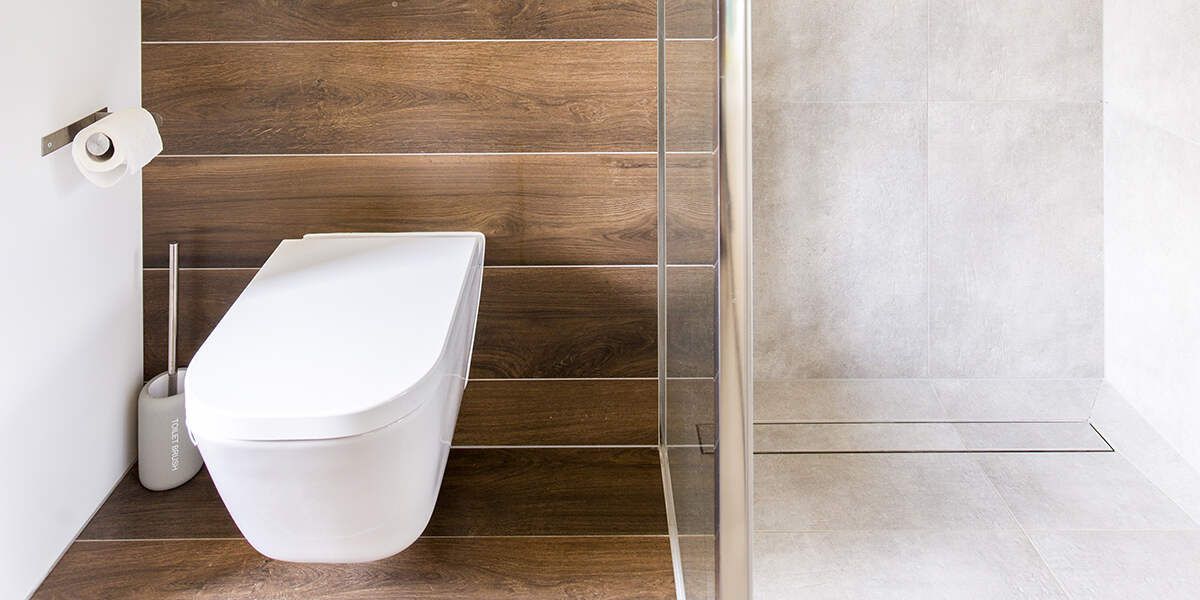5 Reasons Why Your Bathtub Faucet Is Dripping
Why is my bathtub faucet dripping? If you ask yourself this common question, you need to schedule faucet repair in Tucson, AZ. Al Coronado Plumbing can uncover common faucet leak issues and fix the drip.
Discover some of the top leaking bathtub faucet causes below so you can get to the bottom of the issue.
Don’t Delay Bathtub Faucet Leak Troubleshooting
When any of the faucets in your bathroom continuously drip, take proactive steps to fix them. The consistent sound of water droplets hitting your sink or bathtub can become a nuisance, and the drips can quickly add up to several gallons of water.
Reduce water consumption in your home and save money by repairing the leak promptly.
Top Five Reasons for a Dripping Tub Spout
Ask a plumbing professional, “Why is my bathtub faucet dripping?” and they’ll tell you about several possible causes. Take a closer look at some common reasons behind faucet leaks.
1. Improper Installation
Did you recently replace your faucet as a DIY home improvement project? Were your bathroom fixtures installed by a family friend rather than a licensed professional? DIY measures can lead to loose pipes and plumbing damage, including significant leaks.
2. High Water Pressure
Most people want a shower or tub with strong water pressure. However, too much pressure could end up being more than your pipes can handle. The force of the water could cause cracks in the pipe, leading to leaks from the faucet.
3. Worn-Out Washers or O-Rings
Every faucet in your home relies on a simple device to regulate water flow. Compression faucets feature a piece known as a washer, which is made of rubber or plastic. Cartridge faucets use a similar device known as an O-ring.
Both of these components can deteriorate over time, potentially breaking the seal around your fixture. By replacing the damaged washer or O-ring, you can better control water flow and prevent unwanted drips.
While switching out these components is a quick fix, you should let a licensed plumber perform the repair. Amateurs can damage the fixture during the process if they don’t have the proper training or expertise.
4. Damaged Valve Seats
Nestled between the faucet stem and the handle is a valve seat. Like a washer or O-ring, the valve seat regulates water flow. These pieces are sturdy but may break down over time due to minerals and contaminants in the water.
5. Old Handles
When your bathroom features an old bathtub with an outdated faucet, you’re more likely to notice water dripping from the spout. Rust can accumulate on the handle and prevent the water from shutting off entirely after each use. The only solution in this case is to replace the equipment.
Request a Plumbing Inspection and Correct Dripping Faucets
Stop wondering, “Why is my bathtub faucet dripping?” and take steps to alleviate the problem. Contact Al Coronado Plumbing if the water is not coming out of your fixtures or if they continuously leak. Call (520) 834-8400 to request a quote today.
